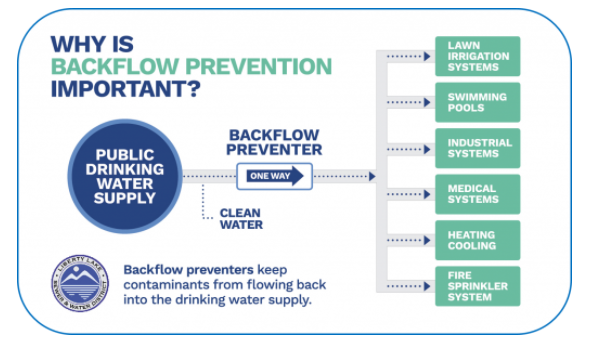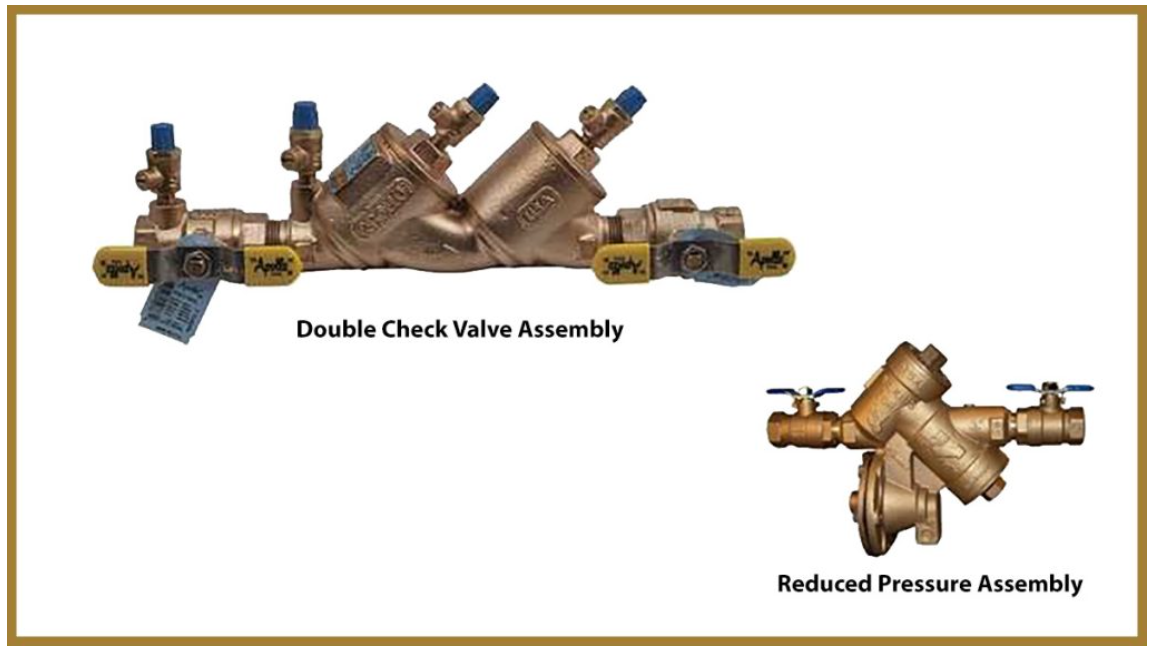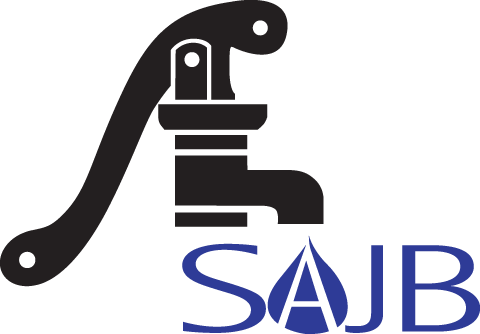Liberty Lake Sewer & Water District – Backflow Testing
What is backflow? from LLSWD on Vimeo.
Contact: Cody Riggs, LLSWD Cross Connection Control Specialist
Phone: 509-922-5443
Webpage: https://libertylake.org/utility/cross-connection-control-program/
More information is also available here.

Customers of the Liberty Lake Sewer and Water District will be required to annually hire a Washington State-certified Backflow Assembly Tester to verify all residential, multifamily and commercial connections are protecting the customer and community’s water supply.

The importance of backflow plays a vital role in events such as the November 2019 boil order. The District determined that one possible cause was from fall sprinkler blowouts. However, prior to the boil order, LLSWD was in the process of strengthening the existing backflow program to roll out in 2020. The official language was adopted via resolution by the Board of Commissioners in January 2020.
“We have always prided ourselves on being one of the very few non-chlorinated water systems in the area, and we want to remain one,” LLSWD General Manager BiJay Adams said. “In order to do that, we need adequate protections of our system. The main component of that is stringent backflow protection.”
The test itself can only be performed by a Washington State-certified Backflow Assembly Tester, and a list is available on the District website. Many irrigation companies are certified and may include this service as part of a spring system startup. Prices vary, but the average cost is around $45.
Upon receiving a passing test, the certified tester will submit results to the LLSWD. Adams said notices of the testing requirement will be included with monthly bills in April, May and June. If the District doesn’t receive a backflow test report by June 30, the District will shut off water service, which includes a shut-off fee, until a test report is received. The requirements for backflow testing will go into full effect in 2021. This allows one year for customers to install or repair backflow devices.
The hope is not just to avoid another boil order, but protect residents from bacteria, pesticides or any other contaminants entering the customer’s water service or public water system.
“These tests ensure the water system is properly protected and that you and your neighbors continue to receive safe drinking water,” Adams said.
